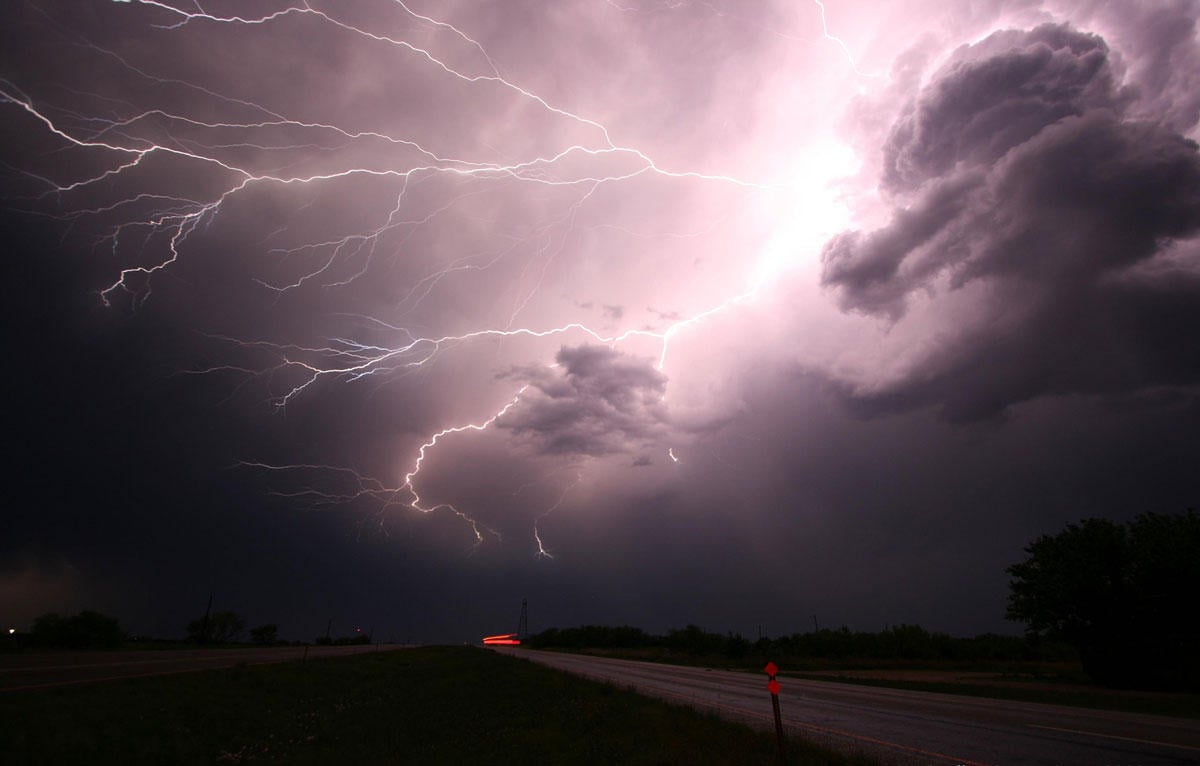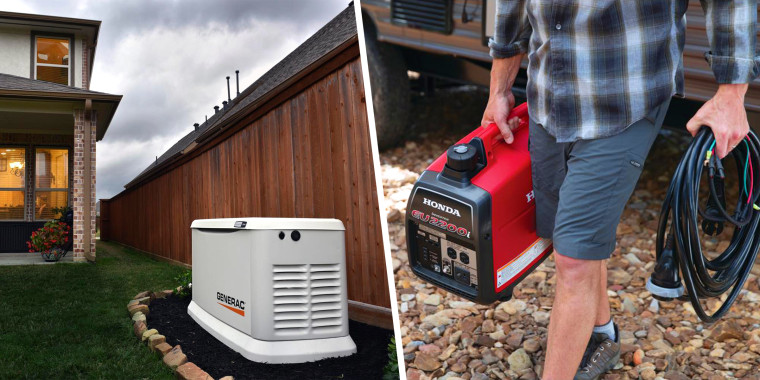
#HOME GENERATOR PORTABLE#
Small portable generators (2,000 to 5,000 watts) cost between $400 and $700. If you’re on a tight budget, be strategic about what you want to keep running during a power loss.
#HOME GENERATOR GENERATOR#
Most manufacturers have online calculators, like this version from Generac, that will help match you with the right size generator for your needs. And if you want to keep a large house running for as long as it takes, you’ll need to invest in a standby generator that can produce 20,000 watts or more. If you also want to power a sump pump and multiple heaters or room ACs, you’ll need a portable generator with power output in the 5,000- to 8,000-watt range.
:max_bytes(150000):strip_icc()/4407756_2000x20001-023632efbecc4254ac991e627e3d4ca6.jpg)
If you just want to be able to keep a handful of electronics running - say the refrigerator, computer and a few lights - a 2,500-watt portable generator should do the trick. Think about your must-haves during a power outage. Size: Generators are sized by power output, measured in watts.You’ll need to weigh a few factors to come up with the best home generator for your needs. How do you choose the right home generator? With the largest standby generators, the all-in cost can easily exceed $20,000. But they’re much more of an investment, starting around $2,000, not including installation, which could double the cost. Running on propane or natural gas, their power output is theoretically enough to keep the entire home running indefinitely, including any hard-wired systems, like the furnace or central AC. These stationary units are permanently installed outside the home, where they kick on automatically in the event of a power failure, sending electricity directly to the main electrical panel. Standby generators: Standby options eliminate the pain points of portable generators.
#HOME GENERATOR PLUS#
The downside is that you need to be home to operate them, with ample fuel on hand (for gas versions, that is), plus most portable generators are designed to power only a handful of devices at a time. Simply turn them on and plug any corded electronics into their outlets. That’s because they’re affordable, starting around $400, and easy to use. Portable generators: Portable models outnumber standby generators in the U.S.What are the different types of home generators? AC power is the standard electricity used in homes, so virtually any electronic device you have in your house can be run off a backup generator.

Our top picks can help narrow the field, but to find the best generator for your needs and budget, consider these questions: How do generators work?īackup power generators provide electricity to the home with the use of two main components: a gas- or battery-powered engine that turns an on-board alternator to generate alternating current (AC) electrical power. Find the one that's right for you - and never get caught in the dark again. And since generators can be dangerous, and even deadly, we paid close attention to the latest safety features.Īfter crunching all that data, the following generators earned a spot in our picks for the best home generators. We also checked usability features like electric start and multiple outlets. We looked closely at power output, since choosing the right size generator for your needs is the crucial first step (more on that in the FAQ at the bottom of the page). The vetting process included reviewing thousands of pages of specifications and test documentation, as well as extensive road testing of models in our homes and labs. But that leaves more than 100 million vulnerable homes - which is why the engineers at the Good Housekeeping Institute did a deep dive into the backup power market to identify the best generators available now. households have already invested in a generator. “Seventy percent of outages are caused by weather events,” he says, “but we’re seeing more everyday outages related to the nation’s aging infrastructure.” The aging electrical grid is another factor, notes Aaron Jagdfeld, CEO of Generac, which developed the first power generators for home use back in 1959.

Given the uptick in extreme weather, that may mean investing in a backup power generator to keep your home running in the event of disaster or an extended power outage. Proper home maintenance is all about planning and preparation.


 0 kommentar(er)
0 kommentar(er)
